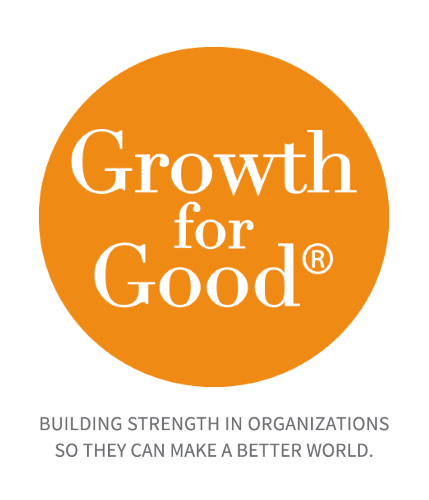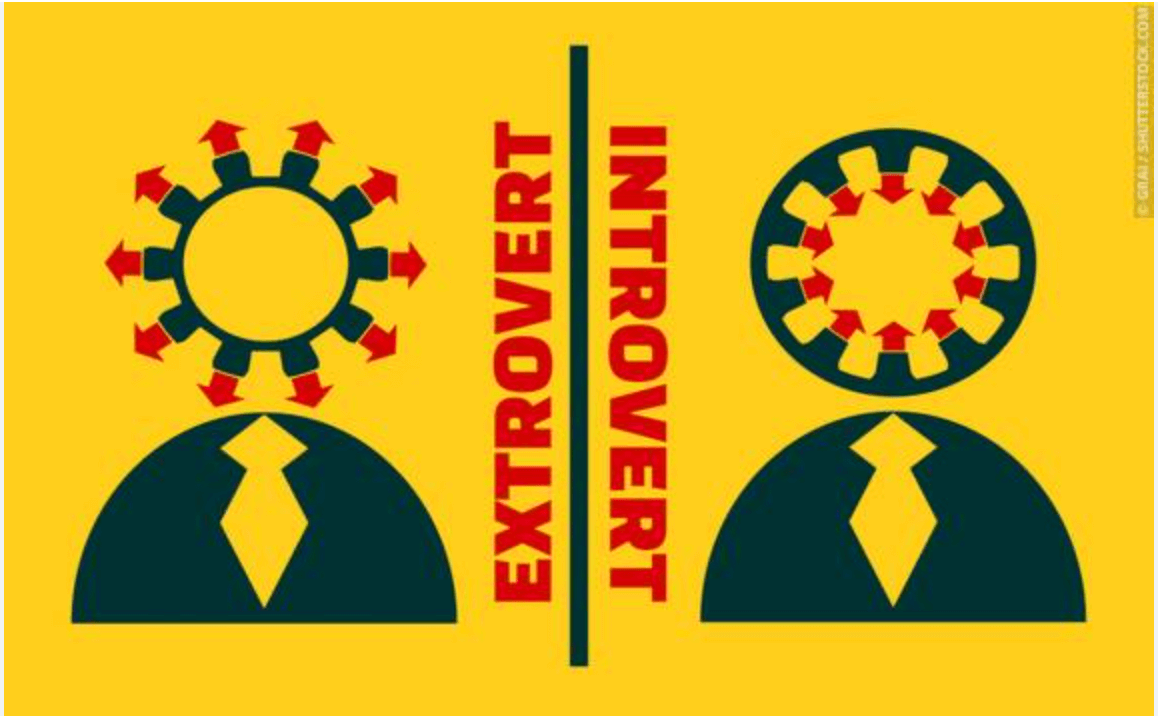How to Avoid “The Great Resignation”
No and Low-Cost Strategies for Keeping Talent
Dr. Lisa A. DeRoche, the new Chief People Officer for Ascend Charter Schools, spoke at a Mission Control event where she shared that the nonprofit sector has been destabilized by the national “Great Resignation.” This is a trend where more than half of the U.S. workforce is considering quitting their jobs [Lattice survey 2021].
Dr. DeRoche also shared that a wellness survey conducted among nonprofit employees indicated the three top concerns were as follows:
- Financial stability
- Healthy eating
- Stress management
Some nonprofits are tinkering with their wages and incenting nurses, social workers, aides, and other traditionally minimum wage or per diem workers with modest increases, whereas for-profit organizations offer more workplace flexibility, tuition reimbursement, retirement plans, new benefits, professional development training, paid time off, etc.
Cash-strapped nonprofits, out of necessity, have become quite creative in providing nonmonetary workplace benefits that encourage employees to be more enthusiastic about their work responsibilities and invested in the impact they personally have in carrying out the mission. Here are some no-cost and low-cost strategies for successfully engaging and developing a high-quality and passionate workforce from Dr. DeRoche, Growth for Good partners, and others:
- Clearly define job duties with key performance indicators (KPIs) that the employee helps to set as benchmarks.
- Provide regular and thoughtful employee reviews two times a year and outline a clear path for employees to grow in their jobs and support their efforts to reach their career goals [“Career Transparency,” Inc.]
- Celebrate the small accomplishments as well as the big accomplishments loudly and regularly. Celebrate work anniversaries, promotions, birthdays, new babies, new homes, etc.
- Delegate real authority, recognize accomplishments, and back employees up when they are criticized [recommended by Ed Skylar, Citi Executive Vice President for Global Public Affairs, and Former Deputy Mayor, City of New York].
- Provide a workshop informing employees about the benefits they are entitled to, i.e., healthcare, retirement, savings plans, etc. [recommendation from Neil Fleischman at PayDay Payroll]
- Provide access to professional development and other life-enriching workshops, such as Myers Briggs, personal finance, planning for retirement, paying for college, and healthy living.
- Pay attention to “absenteeism” and reach out personally to employees who don’t turn on their Zoom camera, miss meetings, and/or become unengaged.
- Offer mentors to new and/or younger employees so they can build a professional network; this also acknowledges and provides a meaningful role for immerging and empathetic staff, aka “on-boarding buddies.”
- Create a “JEDI” community: Justice, Equity, Diversity, and Inclusion [recommended by Raj Thakkar at FOREsight]. Ask who could be excluded and consider how to recruit and/or engage them.
- Build a healthy culture – start by comforting on-site employees by promoting your organization’s COVID safety protocols. Consider offering regular mindfulness meditations, online menus for healthy restaurants, yoga or dance breaks, standing meetings, etc.
- Encourage employees to initiate Employee Resource Groups and host events based on shared life experience: i.e., Book lovers, ID LGBTQ, Yankee fans, Bronx residents, working parents, etc.
- Stay mission focused: share stories, articles, videos, books, and films related to the impact that your organization makes and/or the community that you serve. There’s a great power to passion and a shared vision!
Maintaining a mission-driven workplace that’s fulfilling and nurturing will lead to greater effectiveness. Instituting some of these talent management strategies and showing authentic concern will help your organization attract and retain valued employees.
Lattice CEO and co-founder Jack Altman tells Inc.,”The best way to ensure employees can see the road ahead is through effective and continuous communication. Encouraging managers to regularly sit down with their teams to discuss personal growth and development plans is pivotal. Lean in with empathy (this doesn’t mean be a pushover, but rather, really listen to what employees are saying).” [Except from Inc. article on Career Transparency by Jessica Stillman]
Growth for Good provides executive and development team coaching, interim leadership staffing, retreat facilitation, and executive search services. If you would like to learn more about our services visit www.growthforgood.com/services/.
Photo Credits: Leon and Charles Deluvio on Unsplash
Recent Posts
Subscribe to Our Newsletter
* These fields are required.
Contact Us
500 Summit Avenue
Maplewood, NJ 07040
P: 973-762-7645
E: contact@growthforgood.com








